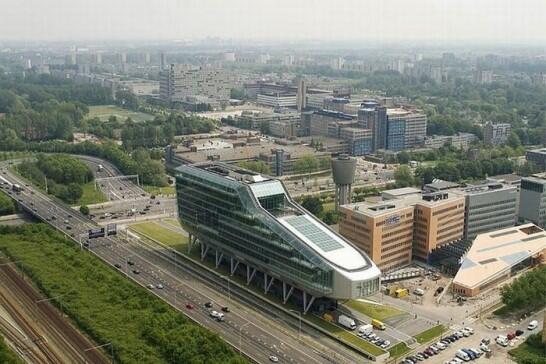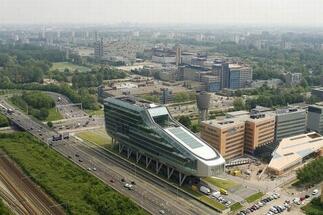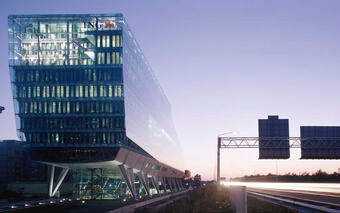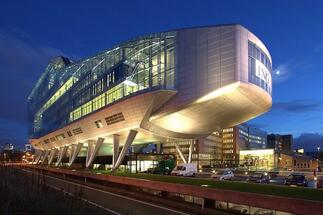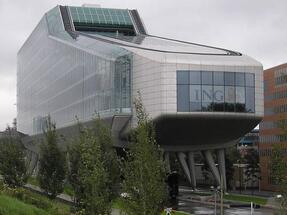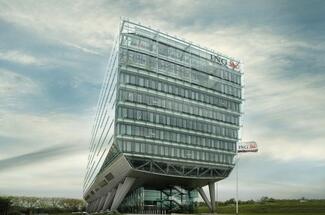Advantages of warehouses for businesses:
Warehouses typically offer large, flexible spaces that can be adapted to the specific needs of any business, whether for goods storage, light manufacturing or logistics.
Many warehouses are close to main roads, making it easy to deliver products. In general, the rent per square metre for warehouses is more affordable than for city centre offices, which can help companies save a lot of money.
Warehouse landlords often offer more flexible leases than for other types of property, making it easier for businesses to adapt to changing needs.
Disadvantages to consider:
Warehouses require regular maintenance and can incur additional operating costs, such as security and heating costs; many warehouses are well located for transport, but some are far from urban centres, which can pose problems for recruitment and services.
Warehouses can be difficult to adapt to needs other than those for which they were designed, unlike offices or commercial space, which can be problematic if the needs of the business change significantly.
Prices and market trends:
Warehouse prices vary according to a number of criteria, including location, size and available facilities. There is currently an increase in demand for warehouses in certain strategic areas of France, which could lead to higher prices in the short term. However, there are still interesting opportunities to be found, particularly in developing regions and outlying areas.
Warehouses are a practical and cost-effective solution for companies looking for industrial space. However, it is important to weigh up the pros and cons carefully before deciding whether to invest or rent. In short, companies should carefully weigh up the pros and cons before deciding to invest in a warehouse.
Stay tuned for further updates on the industrial property market in France.
